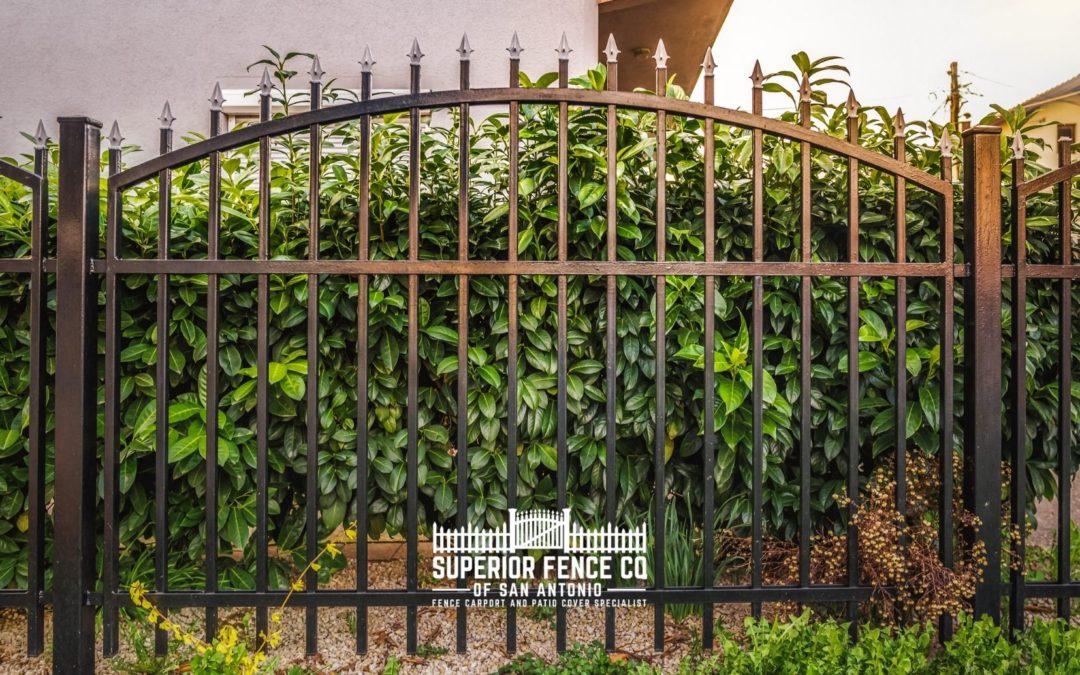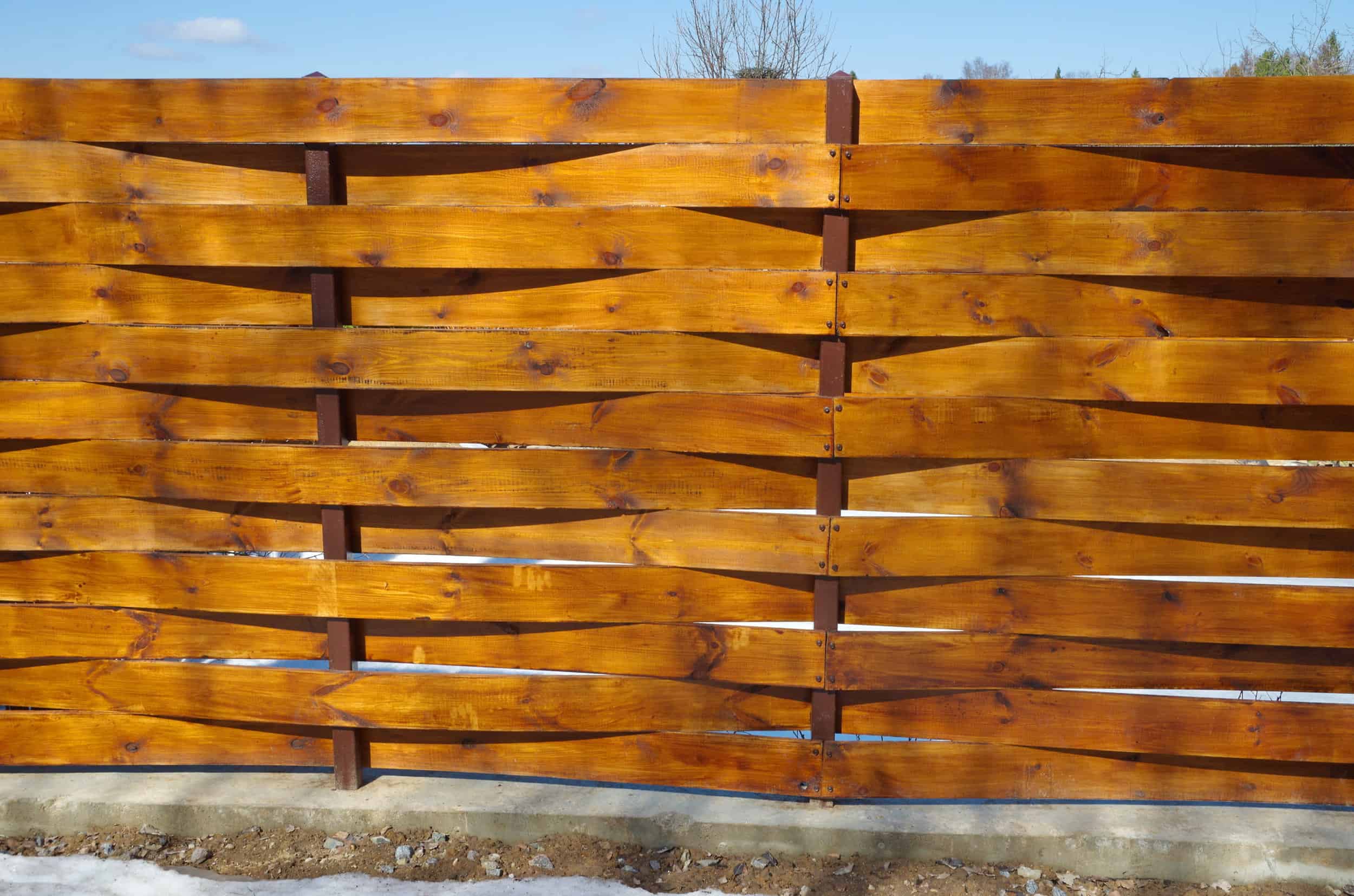All Categories
Featured
Fence blog posts play an essential function in maintaining the security and look of your fence. When a blog post leans or becomes damaged, it's crucial to address the issue quickly to avoid more damage. Below's an in-depth overview on just how to fix a leaning or damaged fence article easily.
Action 1: Identify the Reason For the Issue
Understanding why your fence post is leaning or damaged is crucial to using the appropriate solution. Common reasons consist of:
Soil erosion or loose ground
Rot or decay in wooden posts
Physical damages from climate or impact
![]()
Insufficient setup or inappropriate securing
Determining the cause helps guarantee the problem won't recur after repair work.
Action 2: Collect Devices and Materials
You'll require the following things:
Shovel or blog post hole miner
Hammer or drill
Level
Gravel or concrete mix
Substitute message (if required)
If required),Saw (for reducing wood.
Message repair service brackets or supports (optional)
Action 3: Fixing a Leaning Fencing Post
If the blog post is leaning but not damaged, below's exactly how to fix it:
Dig Around the Base. Make use of a shovel to dig around the leaning post, subjecting its base and loosening up the soil.
Correct The Alignment Of the Article. Use a degree to check upright positioning. Have someone hold the blog post upright while you readjust it.
Strengthen the Base
For Crushed Rock: Fill up the opening with gravel, tamping it down as you go to ensure security.
For Concrete: Pour concrete into the hole around the base of the post, guaranteeing it fills up all spaces.
Secure and Set. Enable the concrete to heal for at the very least 24-hour. The blog post needs to continue to be upright. once it's solid.
Step 4: Changing a Damaged Post
![]()
When an article is broken or rotten, replacement is usually the most effective service.
Remove the Old Message. Remove the damaged post together with any concrete ground. You may need a lever for persistent items.
Prepare the Opening. Tidy out the opening and make it a little bigger if essential. Guarantee the deepness goes to least one-third the message's total size for security.
Mount the New Blog Post. Location the brand-new post in the red and inspect placement with a degree. Safeguard it momentarily with braces or risks.
Fill Up and Protect. Use gravel or concrete to fill up the hole, pouring or tamping as needed. Allow the material set prior to attaching fencing panels or rails.
Step 5: Avoid Future Issues.
To maintain your fencing posts long lasting and sturdy, comply with these tips:
Usage pressure-treated wood or steel blog posts immune to rot and decay.
Ensure correct drainage to stop water from pooling at the base.
Examine your fence every year for signs of wear or instability.
Verdict
Repairing a leaning or damaged fence blog post is a manageable DIY task that can save you money and time. By determining the concern, making use of the best products, and complying with these steps, you can restore your fencing to its initial problem. Normal upkeep and timely fixings will ensure your fencing remains a solid and eye-catching feature of your residential property for several years to find.
Action 1: Identify the Reason For the Issue
Understanding why your fence post is leaning or damaged is crucial to using the appropriate solution. Common reasons consist of:
Soil erosion or loose ground
Rot or decay in wooden posts
Physical damages from climate or impact

Insufficient setup or inappropriate securing
Determining the cause helps guarantee the problem won't recur after repair work.
Action 2: Collect Devices and Materials
You'll require the following things:
Shovel or blog post hole miner
Hammer or drill
Level
Gravel or concrete mix
Substitute message (if required)
If required),Saw (for reducing wood.
Message repair service brackets or supports (optional)
Action 3: Fixing a Leaning Fencing Post
If the blog post is leaning but not damaged, below's exactly how to fix it:
Dig Around the Base. Make use of a shovel to dig around the leaning post, subjecting its base and loosening up the soil.
Correct The Alignment Of the Article. Use a degree to check upright positioning. Have someone hold the blog post upright while you readjust it.
Strengthen the Base
For Crushed Rock: Fill up the opening with gravel, tamping it down as you go to ensure security.
For Concrete: Pour concrete into the hole around the base of the post, guaranteeing it fills up all spaces.
Secure and Set. Enable the concrete to heal for at the very least 24-hour. The blog post needs to continue to be upright. once it's solid.
Step 4: Changing a Damaged Post

When an article is broken or rotten, replacement is usually the most effective service.
Remove the Old Message. Remove the damaged post together with any concrete ground. You may need a lever for persistent items.
Prepare the Opening. Tidy out the opening and make it a little bigger if essential. Guarantee the deepness goes to least one-third the message's total size for security.
Mount the New Blog Post. Location the brand-new post in the red and inspect placement with a degree. Safeguard it momentarily with braces or risks.
Fill Up and Protect. Use gravel or concrete to fill up the hole, pouring or tamping as needed. Allow the material set prior to attaching fencing panels or rails.
Step 5: Avoid Future Issues.
To maintain your fencing posts long lasting and sturdy, comply with these tips:
Usage pressure-treated wood or steel blog posts immune to rot and decay.
Ensure correct drainage to stop water from pooling at the base.
Examine your fence every year for signs of wear or instability.
Verdict
Repairing a leaning or damaged fence blog post is a manageable DIY task that can save you money and time. By determining the concern, making use of the best products, and complying with these steps, you can restore your fencing to its initial problem. Normal upkeep and timely fixings will ensure your fencing remains a solid and eye-catching feature of your residential property for several years to find.
Latest Posts
Trusted Expenses Door Solutions for Residences and Services
Published May 24, 25
1 min read
Discover WyHy FCU – Top Benefits for Your Financial Success
Published May 24, 25
1 min read
Explore Strathmere’s Coastal Treasure: Relax, Savor, and Stay at Deauville Inn
Published May 23, 25
2 min read